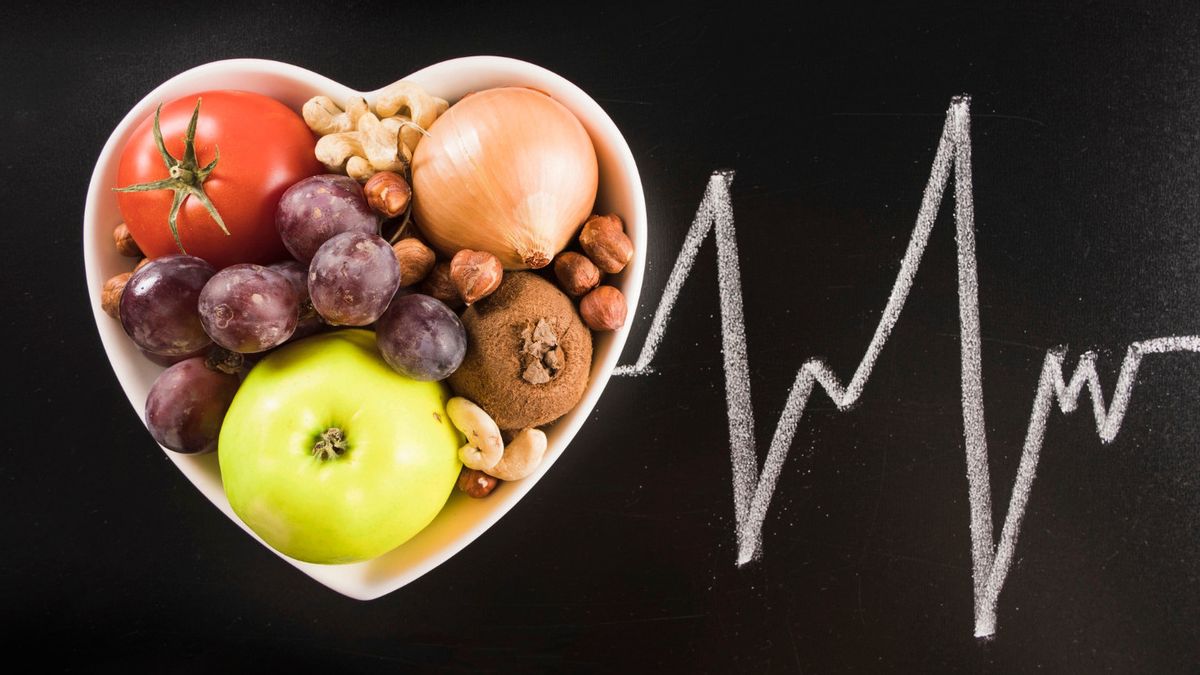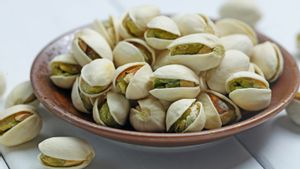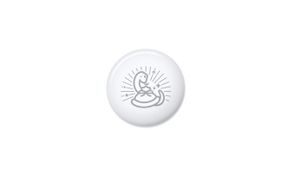YOGYAKARTA Consumption of certain foods affects health. Included in maintaining heart health, you need to change your diet. Here are healthy diet tips to prevent heart disease, which should limit the consumption of certain processed or canned vegetables. More details, check the following tips below.
How many portions turns out to be as important as what you eat. Fill in the plate excessively as a portion of food, it's too burdensome. As a trick, you can choose to use a small plate to help control the portion. The best choice, eat low-calorie foods and be rich in nutrients such as vegetables and fruit. If you eat high calorie foods, avoid processed foods, high sodium, or fast food.
Vegetables and fruit are a good source of vitamins and minerals. Vegetables and low-calorie and fiber-rich fruit. Consuming more fruit and vegetables can help you reduce high-calorie foods, such as meat, cheese, and snacks. Suggestions, limit frozen fruit and vegetables. Including canned vegetables even though low in sodium and vegetables.
Whole grains are a source of fiber and other nutrients that play a role in regulating blood pressure and heart health. You can increase the amount of grains in a healthy diet of the heart by performing simple substitutions for processed grain products. Or try new grains, such as whole grains farro, quinoa, or jelai. Grain products that must be limited include fine flour white bread, dressiness, frozen rot, corn bread, biscuits, pastries, cakes, pies, egg noodles, and crackers.
Limiting the consumption of saturated fat and trans fat in foods makes important steps to reduce blood cholesterol. If done sustainably, it can reduce blood cholesterol and reduce the risk of corinary arterial diseases. Launching Mayo Clinic, if you consume 2,000 calories a day, it means that consumption of saturated fat must be less than 11-13 grams. A simple way to reduce saturated fat and trans fat, first, less fat from meat. Next, you can use a little butter, give healthy topping for certain dishes, and limit food processing oil.
There are so many choices of protein foods but low in fat. You can choose chicken chests over fried chicken bread. In addition, choose skim milk instead of pure milk. Plus, choose fish as an alternative to high protein foods.
Certain types of fish are rich in omega-3 fatty acids that are able to lower blood fats called triglycerides. Such as salmon, macerle, and herring. Other sources are hemps, walnuts, soybeans, and canola oil. Nuts peas, peats, and lentils are also good and low-fat sources of protein and do not contain cholesterol, making them a good replacement for meat.
Consuming too much salt can cause high blood pressure. This is one of the risk factors for heart disease. So, limiting salt or sodium is an important part of a healthy diet of the heart. Adults are advised to consume no more than one tablespoon of salt. But ideally only consume 1,500 milligrams a day. To prevent most of you from eating salt, you can look for healthy alternatives. Like adding spices or a mixture of salt-free spices.
When making a healthy daily menu, the six tips above need to be practiced. For example, if you eat salmon one night, try eating a black beans burger the next night. By remembering that every food you eat or plan in the future, it can help ensure that you get the nutrients your body needs. It's important to do, make foods vary so that your diet feels good.
اقرأ أيضا:
In addition to the seven tips above for a diet to prevent heart disease, it is necessary to give a gift to yourself occasionally. Such as enjoying a handful of slightly salted potato chips or a warm package of ginger candy. However, don't let this weekly gift cancel your health meal plans.
The English, Chinese, Japanese, Arabic, and French versions are automatically generated by the AI. So there may still be inaccuracies in translating, please always see Indonesian as our main language. (system supported by DigitalSiber.id)


















